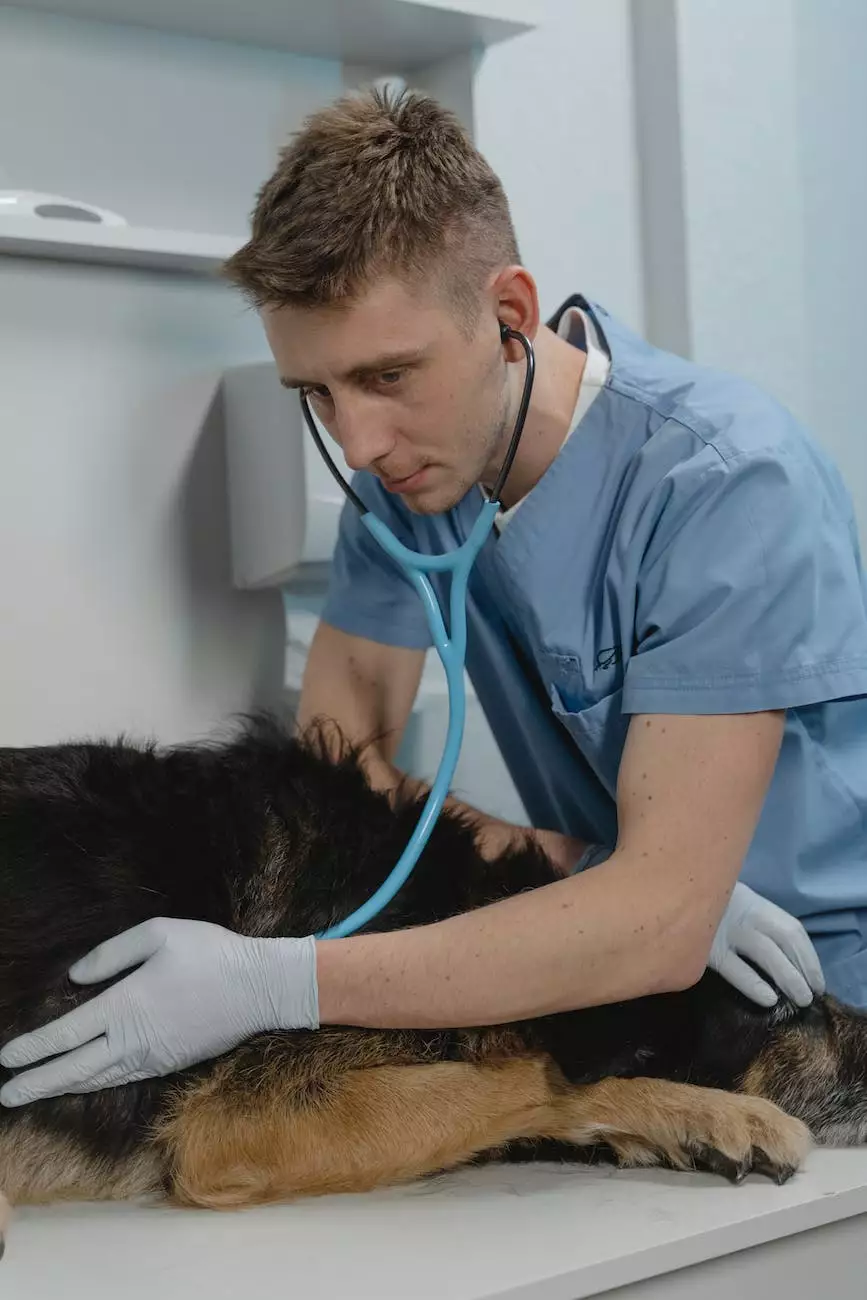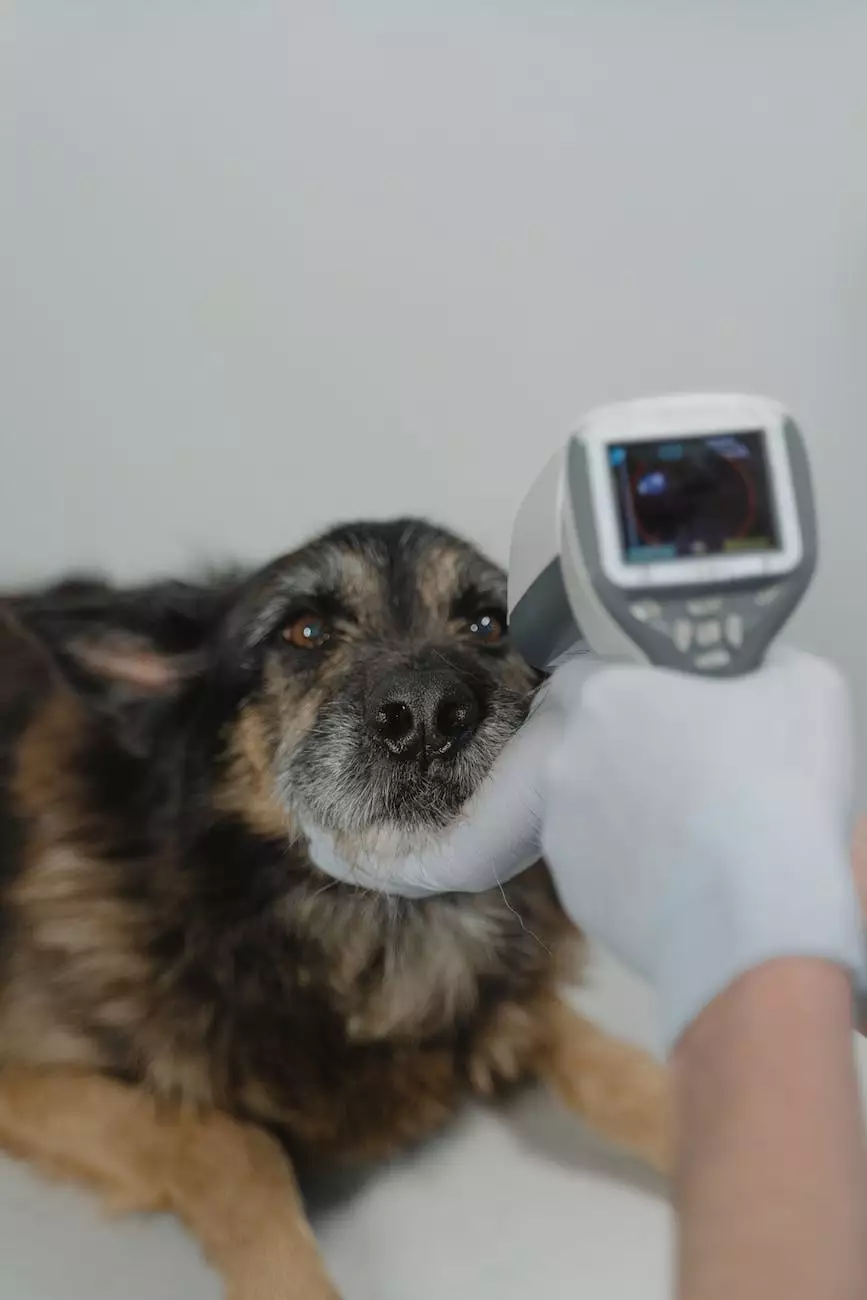Cat Blood Tests Results, Explained - Rosey Dog Care
Blog
Introduction
Welcome to Rosey Dog Care, your reliable source for comprehensive pet care information. In this article, we aim to shed light on cat blood tests and help you understand how to interpret the results. At San Gabriel Vets, a trusted pet care provider under Rosey Dog Care, we prioritize the well-being of your furry friends. Let's explore the world of cat blood tests together and unlock the secrets behind their results.
Why Are Cat Blood Tests Important?
Cat blood tests play a crucial role in monitoring the health of your feline companion. Regular blood work allows veterinarians to detect and diagnose potential health issues before they become critical. By analyzing the different components of blood, such as red and white blood cells, platelets, and organ function indicators, veterinarians can identify early signs of diseases and provide prompt treatment.
The Components of a Cat Blood Test
A standard cat blood test involves examining various parameters, each providing valuable information about your cat's overall health. Some of the key components commonly assessed in cat blood tests include:
- Complete Blood Count (CBC): This test measures the number and quality of red and white blood cells, which helps evaluate your cat's immune response, detect infections, and assess oxygen-carrying capacity.
- Biochemical Profile: The biochemical profile assesses the function of vital organs such as the liver, kidneys, and pancreas. It analyzes various blood chemicals, including blood glucose, albumin, liver enzymes, and electrolytes.
- Thyroid Hormone Levels: This test evaluates thyroid function in cats, as imbalances can lead to conditions like hyperthyroidism.
- Coagulation Profile: Coagulation tests measure blood clotting ability, helping to identify bleeding disorders or potential complications during surgical procedures.
Interpreting Cat Blood Test Results
Understanding the results of a cat blood test can be complex, but with the guidance of San Gabriel Vets, we aim to simplify the process for you. Remember, interpreting blood test results should always be done by a qualified veterinarian, as they are trained to evaluate subtle changes and make accurate diagnoses.
Normal Ranges for Cat Blood Tests
When reviewing your cat's blood test results, veterinarians compare the values to established "normal ranges." These ranges vary depending on the laboratory performing the analysis, considering factors such as the cat's age, breed, and overall health. By comparing the results to these established ranges, veterinarians can identify any potential abnormalities and take appropriate action.
Potential Abnormalities and Their Implications
Cat blood test results may reveal abnormalities indicative of underlying health issues. Here are some examples of potential abnormal blood test results:
- Anemia: Low red blood cell count can signal anemia, which may result from various causes such as nutritional deficiencies or chronic diseases.
- High Liver Enzyme Levels: Elevated liver enzymes may suggest liver disease or damage.
- Abnormal Thyroid Hormone Levels: Imbalances in thyroid hormone levels may indicate hyperthyroidism or hypothyroidism.
- Low White Blood Cell Count: A decreased white blood cell count may signify an underlying infection or compromised immune system.
Consulting with Your Veterinarian
It's important to remember that interpreting cat blood test results requires professional expertise. Always schedule a follow-up appointment with your veterinarian to discuss the findings, receive proper guidance, and devise an appropriate treatment plan if necessary.
Working Together for Your Cat's Health
At Rosey Dog Care, we understand the significance of cat blood tests and the role they play in safeguarding your feline friend's well-being. San Gabriel Vets, our dedicated pet care provider, is always ready to collaborate with you, providing expert assistance, and ensuring comprehensive care for your cat's unique needs.
Conclusion
Cat blood tests provide valuable insights into your cat's health status, enabling early detection of potential issues and allowing for timely intervention. By familiarizing yourself with the basics of cat blood tests and their interpretation, you become an active participant in your cat's well-being. Remember, when it comes to your furry companion's health, Rosey Dog Care and San Gabriel Vets are here to support you every step of the way.










